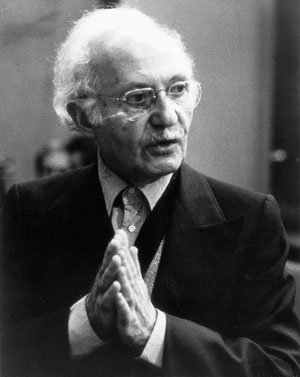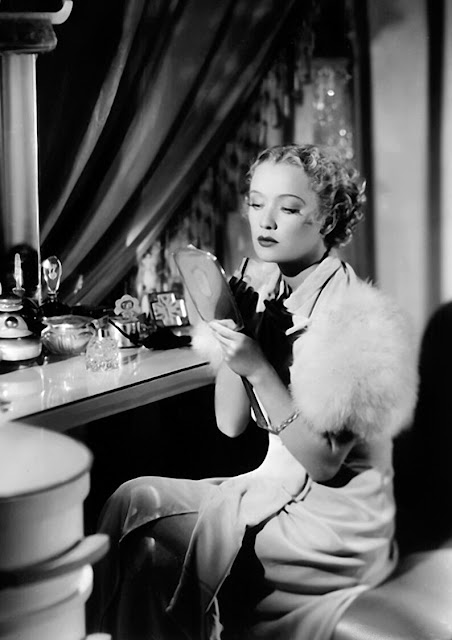Tenn on Lee Strasberg: A Kinetic Nest
Tenn in Conversation
New Orleans
1982
There is a reason you keep asking me about Lee [Strasberg]: my trajectory in the theatre, along with that of [Elia] Kazan, along with that of most of the people who populated my early plays, is directly related to or made possible by that man.
We are all related, in one way or another, to Lee Strasberg.
It is impossible, I believe, to live in the world without myths and teachers and rituals that bolster and explain. I needed--and I need--some form of religious order, prayer, rites to figure out this world and its people. I need to think at times about Jesus and his disciples, and I need to wander the Stations of the Cross to understand both faith and the history of Christ. I no longer have the strong belief in Christ that I once had, but I am grateful to the rigors of both the Episcopalian faith and the Catholic faith, because both taught me the benefits of devotion. I now walk the Stations of the Cross using personal acts of kindness and bravery--not those sanctioned by the Church. As you know my Rosary now bears beads that belong to women who shaped and changed me.
I learned the order and the discipline from religious faith, but the players were provided by life.
There are just as many questions--and just as many of them unanswered--in the arts as there are in so-called ordinary life, and so faiths and the men and women who administer them, are created, sought, loved, abandoned.
Someone like Lee Strasberg had to be invented, and so he was.
Kazan had the brilliance to direct as he did, and to inspire people with whom he was engaged in the process of a particular production. I do not think that he had the ability to teach on an ongoing basis, to run an institution, to take the phone calls and the steady emergencies so many of his students were cast in.
Kazan was brilliant, intuitive, but he did not possess the phenomenal knowledge of all the theatre of all the world that Strasberg did. If you asked Kazan a question, he pulled an answer from life, from past productions, from instinct. If you asked Strasberg a question, he quoted chapter and verse from Russian theatre, from Indian rites, from Swedish film, from Japanese puppetry. I don't want to imply that Strasberg lacked intuition or empathy, but I believe that his first instinct was to cite precedent, to assure you that things similar to yours had been done well and frequently, and he could then proceed to guide you accordingly.
I no longer care who came first or who founded what. Kazan shaped and directed and believed in my plays.
Strasberg created and presided over a kinetic nest where my plays could be worked on, studied, felt, re-shaped.
I love them both.
Were he still alive, I would send you to Strasberg and have you ask him if I mattered. I would have you ask him what he thinks of things.
We all fall away from our gods, our teachers, those loves we had when we were younger. Often we are embarrassed by passions we once had, no matter the pleasures they once gave.
Sometimes we outgrow our teachers, but I don't know if there were people who truly outgrew Lee, or if they simply did not need or enjoy or flourish as they once had when they entered his classes.
Sometimes our teachers shame us because they remember how we stumbled toward them, and I think that Lee had a prodigious memory, and he could recall all of our sins when we first came to him and asked for a room and some of his time and his advice.
Mistakes were made. Poor choices followed. People have abandoned me because of my weaknesses and my lack of success--which is perhaps my greatest weakness in the eyes of some.
Newer models of teacher came along, and fashion dictated that Lee and Herbert [Berghof] and Stella [Adler] be dropped for the new taste, the new style, the new flavor.
We are not here to discern what happened or why.
Instead let's talk about the incredible trust students had in Lee, the comfort he instilled in people so that they could take risks that would make them better actors, writers, directors, composers, people.
An artist needs sustenance and work and comfort.
Lee provided the comfort, and, I would imagine, he provided sustenance to some.
To me he provided space--literal, spiritual, emotional--and allowed me to flail and revise and to always know that I mattered.
This is not to be discarded.
Nor is the man.




Comments
Post a Comment
Thank you for your comments. The moderators will try to respond to you within 24 hours.